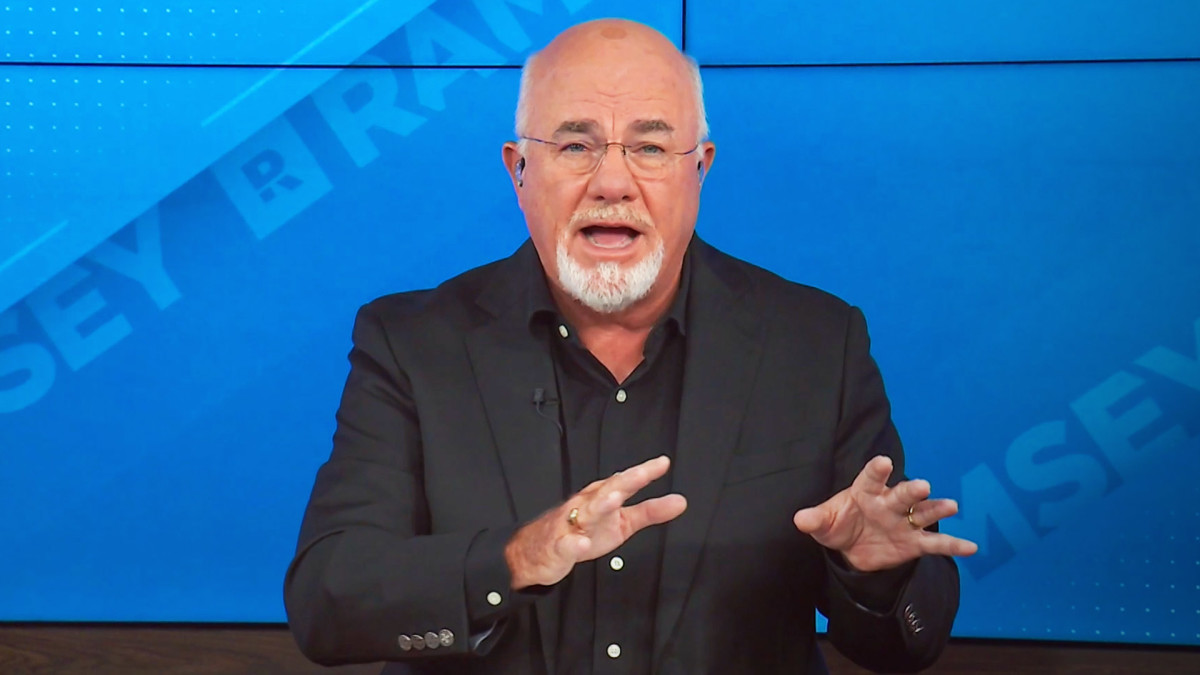As Estate Planning Demand Grows, Many Advisors Lack Plans Themselves

Life after death is an uncomfortable topic for everyone, including the financial advisors often tasked with supporting estate planning for their clients.
“We work with tens of thousands of advisors, and the most obvious thing is that most advisors still don't have an estate plan themselves,” said Cody Barbo, CEO of digital estate planning firm Trust & Will. “So when they have a gap in their own estate planning, it's harder for them—they often avoid the client facing conversations around this.”
Data from Trust & Will shows that 1 in 4 financial advisors lack their own estate plan. Trust & Will's 2025 Financial Advisor Report released this week found that 70% of consumers now expect estate planning to be included in their financial plan, showcasing an evolving ‘do as I say, not as I do’ dynamic amongst some advisors and their estate planning with clients.
“I don't know, because I never really polled our advisors—do you have a plan or not?,” said Sovereign Financial Group CEO Chuck Failla, whose RIA is a new client of Trust & Will. “The cobbler's kids has no shoes. No one is like, ‘this weekend I cannot wait to dive in and write my estate plan’—it's not something you're really excited about doing. But the good news is technology is making it easier.”
Trust & Will has raised more than $80 million from investors such as UBS and Northwestern Mutual. Its estate planning platform is used by more than 200 financial institutions including top RIAs such as Carson Group, Edelman Financial Engines, EP Wealth Advisors, Stratos Wealth Partners, and Wealthcare, as well as the independent broker-dealer LPL Financial.
More than one million estate planning documents have been created via Trust & Will since its launch in 2017. The company’s services are offered both direct-to-consumer and to advisors through multiple “freemium” and paid-subscription tiers, competing alongside other estate planning software such as Wealth.com, Vanilla, EncorEstate Plans, and FreeWill’s Estately.
“In our direct-to-consumer business, the majority of families will start with the will. They're more familiar with it through pop culture, just general family references,” explained Barbo. “But with the advisors, at no surprise, they're driving their clients towards a trust, and we saw revocable living trusts. The trust product is a better protection of legacy—there's more privacy around assets because if you die with the will, you still go through probate, it's public record.”
Digital estate planning tools will play an integral role in the upcoming $124 million wealth transfer in the U.S. that’s projected to happen through 2048. Jeremiah Barlow, EVP and head of wealth solutions at the mega-RIA Mercer Advisors, echoed Barbo’s sentiments regarding the trending popularity of revocable living trusts.
“That revocable living trust applies to anybody who has a house, a kid, and over $100,000 of assets,” Barlow told Investment News. “That is becoming a more and more prominently used estate planning tool, if you asked somebody 20 years ago, it was probably wills.”


